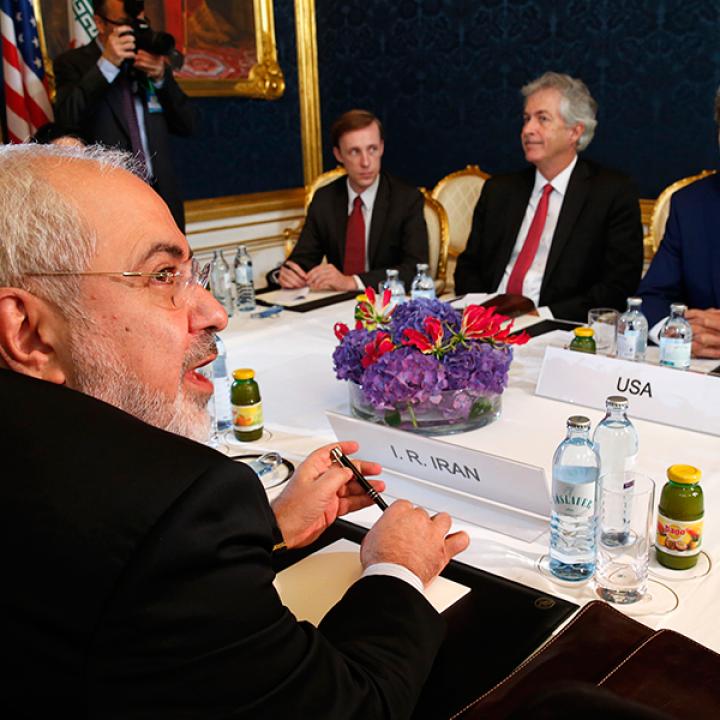

When it comes to Tehran, Havana, and similar regimes, the Obama administration must be more careful to treat engagement as a means, not an end.
As a presidential candidate, Barack Obama derided as "ridiculous" the idea "that somehow not talking to countries is punishment to them." Announcing his Cuba policy shift last month, Mr. Obama called the isolation of Havana an "outdated approach that, for decades, has failed to advance our interests." Indeed, diplomatic isolation -- whether of Cuba, Iran, North Korea, or other states -- does not have a stellar track record of influencing truculent regimes.
What Mr. Obama did not acknowledge, however, is that engagement is no silver bullet in dealing with such regimes. Diplomatic ties with the Soviet Union did not avert the Cold War (though they may have made it less dangerous than it otherwise would have been). More recently, the Obama administration's own Russia "reset" proved a failure. Engagement has not transformed relations with Venezuela, nor with Syrian President Bashar al-Assad when it was attempted in the early 2000s or from 2009 to 2011.
The Obama administration often cites Iran as an example of the fruits of engagement, but it relies on a questionable narrative for this. President Obama inherited from his predecessor six U.N. Security Council sanctions resolutions, the U.S. financial sanctions framework, and the "P5+1" talks. He largely continued those policies, initially with scant results. When a diplomatic breakthrough finally came, it was the result of three interrelated factors: the oil sanctions Congress imposed on Iran against the White House's wishes; Hasan Rouhani's election as president of Iran; and, perhaps most important, U.S. acquiescence in 2013 to long-held Iranian nuclear demands such as permitting Iran to enrich uranium indefinitely and keep its facilities at Arak, Natanz, and Fordow.
Because of these moving parts -- especially the U.S. concessions -- the Iran example holds few lessons about the efficacy of engagement. The administration might have been able to achieve what it did -- a more modest result than that for which it initially aimed -- without its aggressive back-channel diplomacy; at the same time, that diplomacy, supported by other tools, might have accomplished the original, more ambitious U.S. aims.
Iran does, however, offer a cautionary example of mistaking a tactic for a policy. The singular focus on engagement crowded out other tools that might otherwise have played a role in U.S. strategy. For example, the U.S. refrained from supporting mass protests in Iran in 2009 (an omission that Hillary Clinton, who was secretary of state at the time, recently said that she regretted), and discontinued efforts to bolster the credibility of U.S. military threats. Seeing engagement as an end rather than a means may also have driven the U.S. to accept negotiating outcomes previously considered unacceptable.
This same pattern should not be repeated with U.S. policy toward Cuba or anywhere else. Even if one believes that efforts to isolate Cuba diplomatically and economically were unsuccessful, it does not follow that reversing those policies will be successful, any more than total withdrawal from Iraq was the sensible policy in 2011, whatever one's opinion of the decision to go to war in 2003.
Rather, success depends on having realistic goals, devising a strategy to achieve them informed by a sound reading of the relevant context, and being crafty enough to use not just one but a range of tactics in combination to advance that strategy. The questions to ask about Cuba normalization are: to what end, and as a part of what strategy, and in conjunction with what other tools? Choosing this or that tactic first -- or ruling them in or out based on politics or dogma -- is no recipe for success.
Michael Singh is the Lane-Swig Senior Fellow and managing director at The Washington Institute. This article originally appeared on the Wall Street Journal blog "Think Tank".
Wall Street Journal



